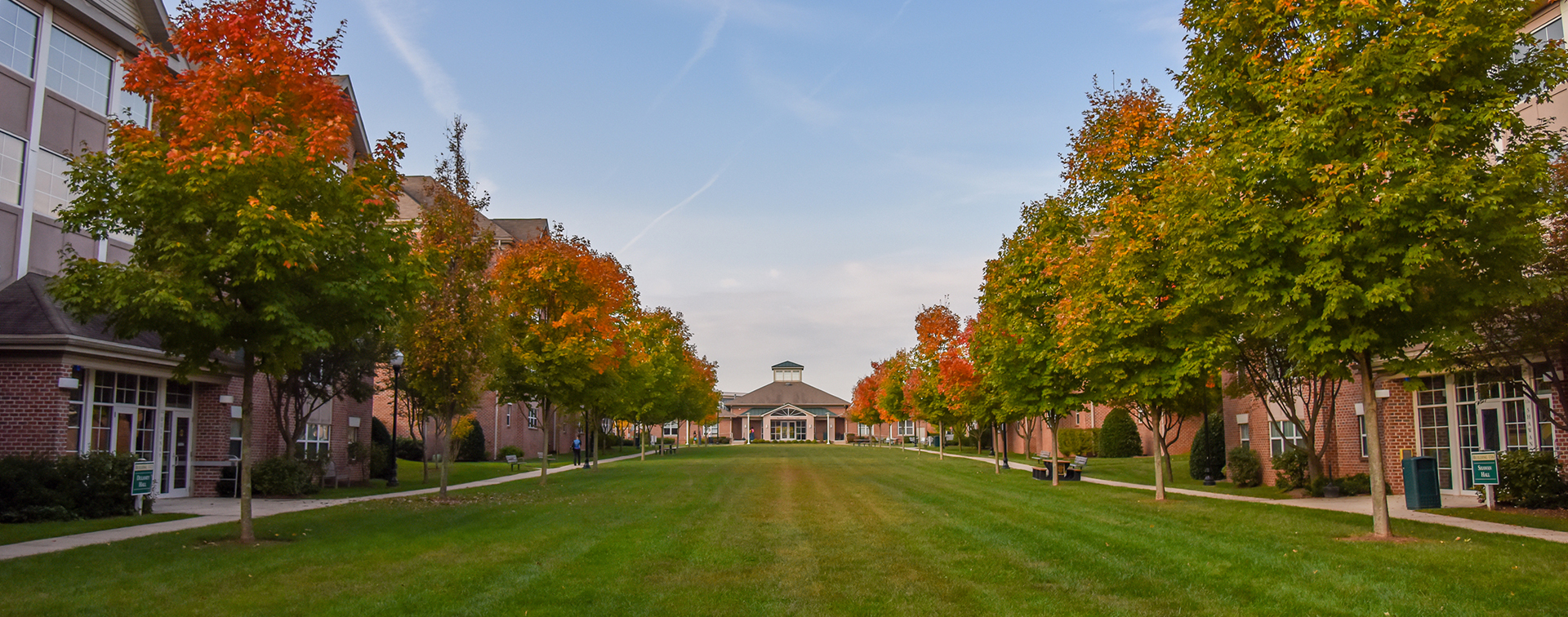Policy Overview
������ýֱ�� is committed to creating an inclusive campus community that values and respects all of its members. Reflecting this commitment, the University will make good faith efforts to accommodate a student’s sincerely held religious practices or beliefs, unless such accommodation would create an undue hardship for the University or interfere with the student’s ability to achieve relevant learning outcomes.
It is the responsibility of students seeking religious accommodation to formally request accommodations using the procedures outlined below. Given the complexities of religious beliefs and practices, “reasonable accommodation” is determined on an individual basis, and no accommodation will be made that fundamentally alters the content, nature, or requirements of a course.
Definitions
- A “reasonable accommodation” is any change in an academic course or program of study with respect to the way tasks or responsibilities are customarily done that enables a student to observe his/her/their religious practices or beliefs without creating undue hardship.
- “Undue hardship” occurs when granting a requested accommodation would require significant expense or difficulty for the University, or would result in the inability of the student to achieve relevant learning outcomes. The determination of undue hardship is dependent on the facts of each individual situation.
Policy
������ýֱ�� will attempt to provide a reasonable accommodation of a student’s sincerely held religious practices or beliefs, unless the University believes such an accommodation would create an undue hardship for the University or interfere with the student’s ability to achieve relevant learning outcomes. Reasonable accommodation must be requested by the student in accordance with the procedures outlined in this policy. Regardless of any accommodation that may be granted, ������ýֱ�� students are responsible for satisfying all academic objectives, learning outcomes, and program requirements.
Many programs of study require internships, clinicals, capstones, or other types of practical experiences, which often take place at external partner institutions such as schools, hospitals, laboratories, or businesses. Students should be aware that these partner institutions may offer a limited range of scheduling options; therefore, students should inquire about these limitations before declaring a major that requires off-site work or study.
Authorized and reasonable accommodations for religious observances do not relieve the student from responsibility for any part of the course work required during the period of absence.
The full procedure for requesting religious accommodations can be found on the Academic Affairs portal site.
(Approved August 2024)






